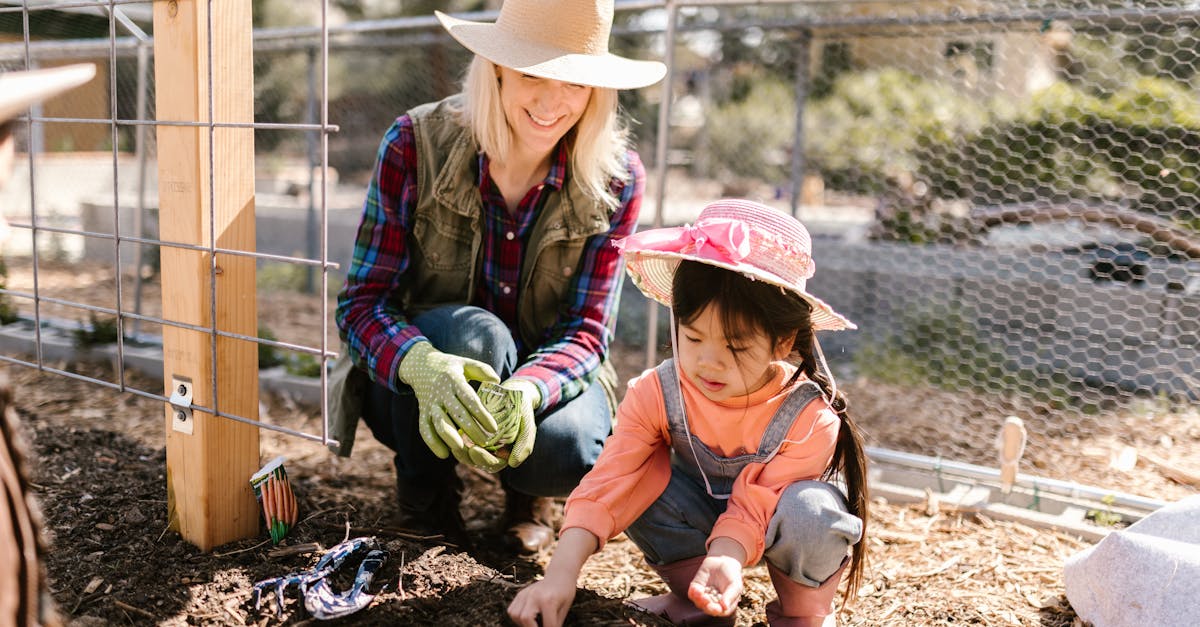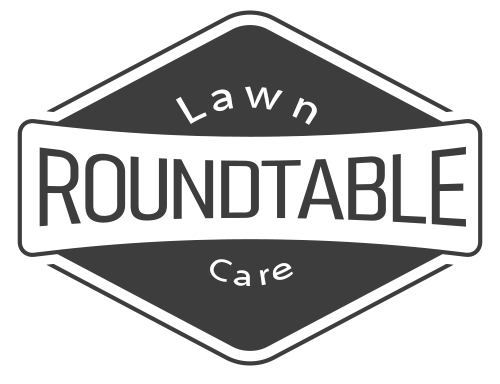Nature’s Embrace: Unlocking the Secrets of Mulch for Bountiful Vegetable Gardens

Unleash the Power of Nature: A Comprehensive Guide to Mulching for Thriving Vegetable Gardens
In the realm of gardening, mulch reigns supreme as nature’s secret weapon for nurturing thriving vegetable gardens. This miraculous material bestows a myriad of benefits upon your verdant oasis, from moisture retention to weed suppression and soil health enhancement. Embark on a horticultural journey as we uncover the wonders of mulch and empower you with the knowledge to harness its potential for a bountiful harvest.
As you venture into the world of mulches, you’ll encounter a harmonious blend of organic and inorganic options. Organic mulches, such as compost, straw, and shredded leaves, are nature’s gift to your garden. They possess the remarkable ability to enrich soil fertility and foster beneficial microbial activity, laying the foundation for robust plant growth. Inorganic mulches, including plastic sheeting, gravel, and rubber mulch, offer modern solutions for gardening success, excelling in moisture retention, weed control, and temperature regulation.
Key Insights
- Mulch provides numerous benefits for vegetable gardens, including moisture retention, weed suppression, and soil enhancement.
- Organic mulches, such as compost and shredded leaves, enrich soil fertility and promote beneficial microbial activity.
- Inorganic mulches, such as plastic sheeting and gravel, excel in moisture retention and weed control.
- Matching mulch to your garden’s specific needs, considering soil type, climate, and plant varieties, is crucial for optimizing its benefits.
- Sustainable mulching practices, such as using organic materials and promoting biodiversity, contribute to a thriving garden ecosystem.
1. Unveiling the Benefits of Mulch: A Gardener’s Secret Weapon
Unveiling the Benefits of Mulch: A Gardener’s Secret Weapon
In the realm of gardening, mulch emerges as a true game-changer, a secret weapon that empowers you to nurture thriving vegetable gardens. Its myriad benefits are like a symphony of nature’s wonders, harmoniously working together to elevate your gardening experience.
Picture this: a lush tapestry of vegetables basking in the nurturing embrace of mulch. This protective layer acts as a moisture reservoir, ensuring that your plants remain hydrated even during periods of drought. No more wilting leaves or stunted growth – mulch ensures a steady supply of water to your thirsty plants, promoting vigor and vitality.
But mulch’s prowess extends far beyond moisture retention. It’s a formidable barrier against the relentless onslaught of weeds, those pesky invaders that compete with your precious vegetables for nutrients and sunlight. Mulch effectively smothers weed seeds, preventing them from germinating and robbing your plants of essential resources. Its weed-suppressing abilities grant you more time to focus on the joys of gardening, rather than endless hours spent battling persistent weeds.
2. Organic Mulches: Nature’s Gift to Your Garden
Organic Mulches: Nature’s Gift to Your Garden
In the world of mulches, organic options reign supreme as nature’s gift to your garden. Envision a harmonious blend of compost, straw, and shredded leaves, each bringing a unique symphony of benefits to your beloved plants.
Compost, the black gold of gardening, is a nutrient-rich treasure that transforms your soil into a thriving ecosystem. As it decomposes, it releases a steady stream of essential nutrients, feeding your plants and promoting vigorous growth. Compost also improves soil structure, enhancing drainage and aeration, which are vital for healthy root development.
Straw and shredded leaves, on the other hand, excel in moisture retention and weed suppression. They create a protective layer that helps the soil retain moisture, reducing the need for frequent watering. Additionally, they effectively smother weed seeds, preventing them from sprouting and competing with your precious vegetables for water and nutrients. By incorporating these organic mulches into your garden, you not only nourish your plants but also foster a thriving community of beneficial microorganisms in the soil. These tiny helpers break down organic matter, release nutrients, and protect your plants from diseases. Embrace the power of organic mulches and watch your garden flourish with nature’s loving touch.
3. Inorganic Mulches: Modern Solutions for Gardening Success
Inorganic Mulches: Modern Solutions for Gardening Success
In the realm of mulches, inorganic options offer a modern twist to gardening, providing unique advantages that complement organic mulches. Plastic sheeting, gravel, and rubber mulch stand out as innovative solutions for moisture retention, weed control, and temperature regulation.
Plastic sheeting acts as an impermeable barrier, effectively preventing moisture evaporation from the soil. This makes it an ideal choice for arid regions or for raised bed gardening, where moisture conservation is crucial. Additionally, plastic sheeting completely suppresses weeds, eliminating the need for constant weeding and ensuring that your plants have ample access to nutrients and sunlight.
Gravel and rubber mulch excel in temperature regulation. Gravel reflects sunlight, keeping the soil cooler during hot summer months. This is particularly beneficial for plants that prefer cooler root temperatures, such as lettuce and carrots. Rubber mulch, on the other hand, absorbs and retains heat, making it a great choice for extending the growing season in cooler climates. By choosing the right inorganic mulch for your specific needs, you can optimize growing conditions for your vegetable garden and enjoy a bountiful harvest.
4. Matching Mulch to Your Garden’s Needs: A Personalized Approach
Matching Mulch to Your Garden’s Needs: A Personalized Approach
Selecting the ideal mulch for your vegetable garden is a matter of considering your unique soil type, climate, and plant varieties. By tailoring your choice of mulch to your garden’s specific needs, you can maximize its benefits and enjoy a thriving, productive garden.
For well-drained soils, organic mulches such as straw, shredded leaves, or compost are excellent choices. These mulches enrich the soil with nutrients as they decompose, improving fertility and water retention. In contrast, if your soil is poorly drained, opt for inorganic mulches like gravel or plastic sheeting. These materials will help prevent waterlogging and improve drainage, creating a more favorable environment for your plants.
Climate also plays a role in mulch selection. If you live in a hot, dry climate, choose mulches that excel in moisture retention, such as compost or plastic sheeting. These mulches will help conserve water and prevent your plants from wilting. In cooler climates, mulches that provide insulation and warmth, like straw or rubber mulch, are more suitable. By considering your climate and soil type, you can select the mulch that best meets the needs of your vegetable garden.
5. Compost: The Ultimate Soil Enhancer
Compost: The Ultimate Soil Enhancer
Embark on a journey into the world of compost, nature’s magical elixir for your garden. Compost, the product of organic matter decomposition, is a nutrient-rich treasure that nourishes your soil and promotes vigorous plant growth. Creating your own compost is an art form, a harmonious blend of ingredients and patience.
The key to successful composting lies in understanding the balance between ‘browns’ and ‘greens.’ Browns, such as dry leaves, straw, and wood chips, provide carbon. Greens, such as grass clippings, fruit and vegetable scraps, and manure, provide nitrogen. Layer these materials in a compost bin or pile, ensuring a balance of browns and greens for optimal decomposition.
As nature works its magic, microorganisms break down the organic matter, releasing essential nutrients and creating a dark, crumbly treasure – compost. This nutrient-rich gold can be incorporated into your garden soil, enriching it with organic matter, improving drainage and aeration, and providing a slow-release source of nutrients for your plants. Embrace the art of composting and witness the transformative power of nature’s recycling process in your garden.
6. Mulching Techniques: The Art of Effective Application
Mulching Techniques: The Art of Effective Application
Harness the power of mulching with the art of effective application. Proper techniques, timing, and maintenance are the keys to maximizing the benefits of mulch in your vegetable garden.
Begin by preparing the soil around your plants, removing any weeds and loosening the top layer. Spread a layer of mulch around each plant, keeping it a few inches away from the stem to prevent rot. The ideal depth of the mulch layer varies depending on the type of mulch used, but generally aim for 2-4 inches.
Timely application of mulch is crucial. Apply mulch in early spring or fall, before extreme temperatures set in. This allows the mulch to settle and decompose gradually, providing sustained benefits throughout the growing season. Regular maintenance is essential to ensure the effectiveness of your mulch. Replenish the mulch layer as it decomposes, keeping it at the desired depth. Remove any weeds that may pop up through the mulch to prevent them from competing with your plants for nutrients and water.
7. Sustainable Mulching Practices: Harmony with Nature
Sustainable Mulching Practices: Harmony with Nature
Embrace sustainable mulching practices that align with nature’s principles, promoting biodiversity, reducing waste, and fostering a thriving garden ecosystem.
Choose organic mulches, such as compost, shredded leaves, or grass clippings, over synthetic materials. Organic mulches decompose naturally, enriching your soil with nutrients and supporting beneficial microorganisms. By composting your own organic waste, you can create nutrient-rich mulch while reducing landfill contributions.
Incorporate diversity into your mulch choices. Use a variety of mulches, such as straw, wood chips, and cocoa hulls, to create a mosaic of habitats for insects, birds, and other wildlife. This diversity promotes a balanced ecosystem in your garden, enhancing pollination, pest control, and nutrient cycling.
What are some of the most important benefits of using mulch in a vegetable garden?
Mulch offers a multitude of benefits for vegetable gardens, including moisture retention, weed suppression, soil temperature regulation, improved soil structure, and nutrient enrichment.
Can I use grass clippings as mulch in my vegetable garden?
Yes, grass clippings can be used as mulch, but they should be wilted or slightly dried before applying to prevent clumping and matting. Fresh grass clippings can also draw nitrogen from the soil as they decompose.
How often should I apply mulch to my vegetable garden?
The frequency of mulch application depends on the type of mulch used and the rate of decomposition. Organic mulches, such as compost or shredded leaves, can be applied annually or as needed to maintain a layer of 2-4 inches. Inorganic mulches, such as plastic sheeting or gravel, may only need to be applied once.
Is it okay to mix different types of mulch in my vegetable garden?
Yes, mixing different types of mulch can provide a wider range of benefits. For example, combining organic mulch with inorganic mulch can improve moisture retention while suppressing weeds.
What are some sustainable mulching practices that I can adopt?
Sustainable mulching practices include using organic materials, such as compost or shredded leaves, composting your own organic waste, and incorporating diversity into your mulch choices to promote a balanced ecosystem.
Table of Key Insights
| Key Insight | Description | |—|—| | Mulch Benefits | Mulch provides numerous benefits for vegetable gardens, including moisture retention, weed suppression, soil enhancement, and temperature regulation. | | Organic Mulches | Organic mulches, such as compost and shredded leaves, enrich soil fertility and promote beneficial microbial activity, enhancing overall soil health. | | Inorganic Mulches | Inorganic mulches, such as plastic sheeting and gravel, excel in moisture retention and weed control, making them suitable for specific needs like raised bed gardening or arid climates. | | Matching Mulch to Garden Needs | Matching mulch to your garden’s specific needs, considering soil type, climate, and plant varieties, is crucial for optimizing its benefits and tailoring it to your unique growing conditions. | | Sustainable Mulching Practices | Sustainable mulching practices, such as using organic materials, composting, and promoting biodiversity, contribute to a thriving garden ecosystem and align with environmentally conscious gardening principles. |
